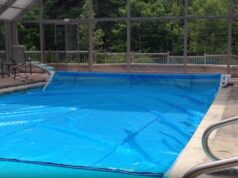
Every time the temperature drops and continues to decline, people are always surprised! “When did it get so cold?” would be the usual question, but seasons can’t be that surprising, can it?
It doesn’t take a weather expert to know that when spring and summer roll in, it gets hot, and by the time we get to fall, it becomes colder. By wintertime, it’s freezing. But, just how hot or cold it gets depends entirely on geography.
Winchester, Virginia, tends to have pleasant weather most of the time, but it can also get frigid! This will be tough to get through, especially if you’re used to warmer seasons.
On average, Winchester can drop to 20°F in January. If you think that’s cold, wait for night time! It can even go below zero, but thankfully it’s a rare occurrence. Still, Winchester’s average low temperature can be downright uncomfortable, especially if you’re going through the coldest seasons with a bad heater.
People who are frequently cold probably would have a more challenging time than others. Usually, these are people who suffer from anemia, type 2 diabetes, kidney disease, peripheral artery disease, and even medication complications! Therefore, an excellent residential heating system is going to be especially valuable.
To help you out, we’ve listed down the top essentials for heating your home:
1. Forced-air heating
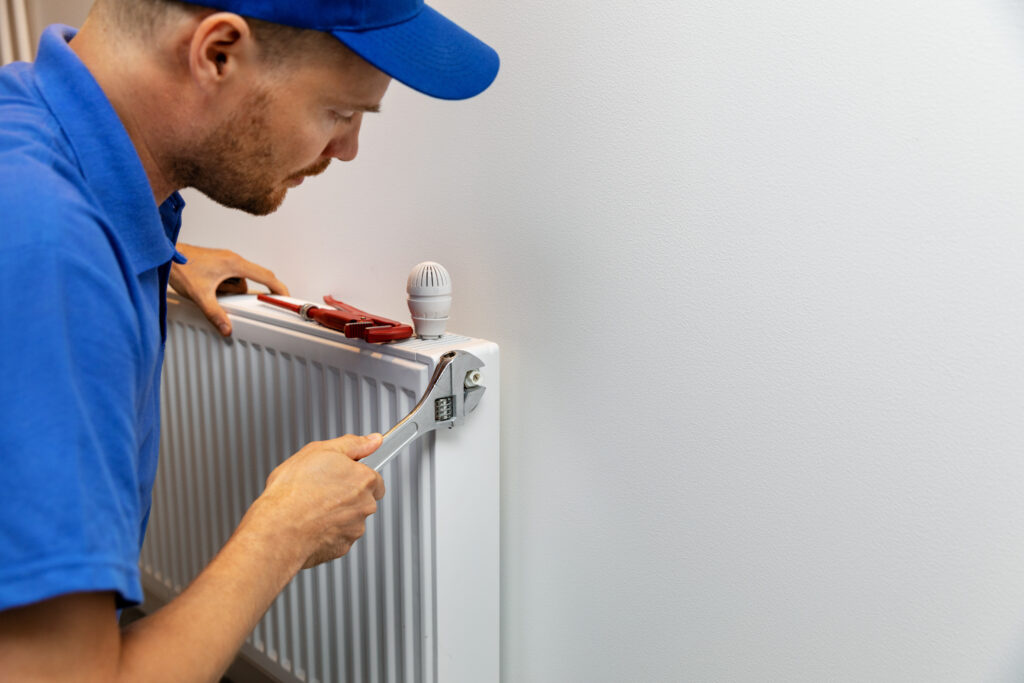
This is probably the number one most used HVAC system in North America. It works by using natural gas, fuel oil, liquid propane, or electricity in a furnace. A blower fan then helps distribute the warm air through air ducts and into the different rooms in your home. Then, through various air ducts, the cold air returns to the furnace.
If you think your forced-air system needs some repairs, replacements, or retrofitting, then it’s essential to get it done before the issue worsens. Visit sites like www.dmselectservices.com/winchester-hvac-repair/ to get this done as soon as possible!
2. Electric resistance heating
Unlike forced-air heating, electric baseboard heaters aren’t used in many homes, probably because these are expensive to operate and use up a lot of electricity! But, the good thing about this option is that it doesn’t require ductwork, and it’s silent.
Heat is transferred in a room through natural heat convection. But, internal fans help move the heated air around the room for wall-mounted or specialty electric heaters.
One of the biggest benefits you can get from using electric resistance heating is being able to convert 100% of electric energy to heat energy. Moreover, using this heating essential in your home can also improve indoor air quality, which means that the air inside your home will be free from any contaminants.
Even though people usually look for the best and most durable options, any alternative you choose will potentially face the need for maintenance. That’s why you should keep on hand the phone number of those professionals who helped you install your heating system. In case you’re not sure about how to proceed, find on iheat.co.uk the best educational content and guidance to ease the process of identifying issues.
3. Gravity air systems
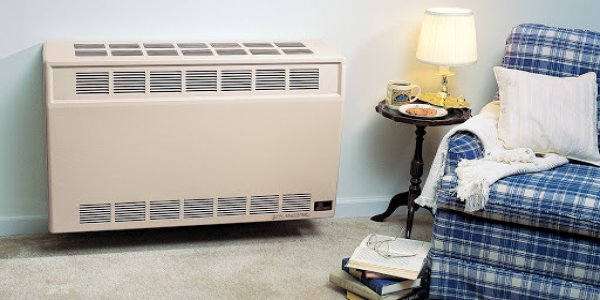
Older homes usually have this heating system, but it’s no longer installed today. This system is quite brilliant as it uses physics to distribute warm air. Like the forced-air heating system, a furnace can be fueled by natural gas, fuel oil, liquid propane, or electricity. The difference here is that no blower fans are necessary as it entirely relies on how warm air rises and cool air sinks.
If you’re looking for a residential heating system that is cost-effective and doesn’t create noise, gravity air systems are one of the best options. Unlike other heating systems available today, gravity air systems are quiet and don’t blow any dust indoors because it doesn’t use a fan.
4. Heat pump heating
If you’re looking for something new, then the heat pump system will probably interest you. Plus, this system can offer both heating and cooling! Another advantage is that you don’t need to have ductwork to get it installed.
This works through electrically powered heat pumps, but you can also choose models that use natural gas. Wall-mounted units blow the hot or cold air through evaporator coils and then through an outdoor pump. This pump is responsible for absorbing or extracting heat from the outdoors.
But, the downside is that it’s good for places with mild climates and not for harsher ones. This is probably because of how the distribution of air can be limited.
5. In-floor radiant heating
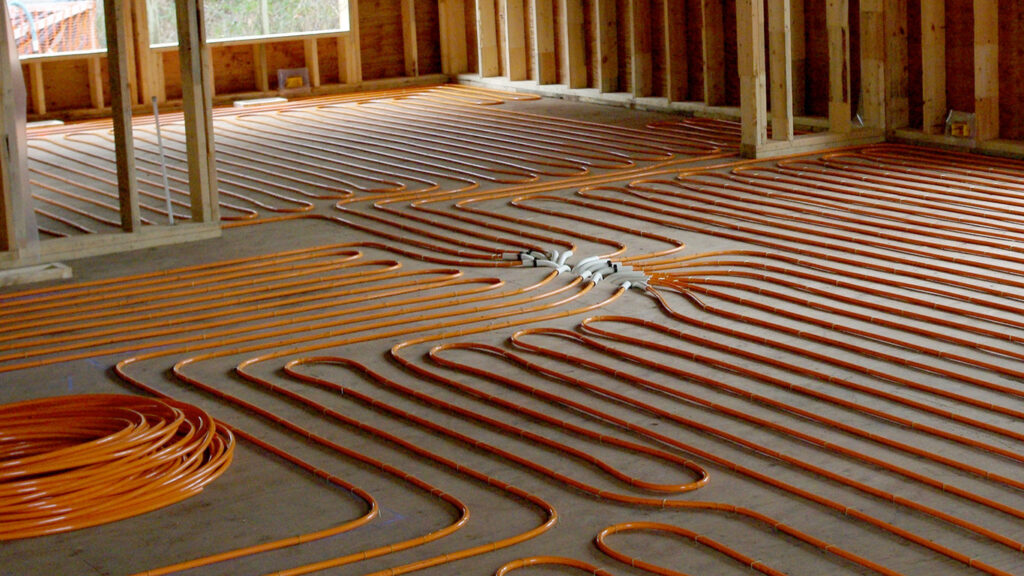
This heating system isn’t limited to heating air; it can even heat solid things such as flooring and furniture. It’s an excellent option for anyone who wants to use broilers to save up on energy.
A central boiler that uses electricity, natural gas, or liquid propane heats hot water tubing systems inside concrete slab floors. Make sure it has a boiler cover from your local store like boilercentral. But, a solar hot water system can be used too. Now, that’s a clean way to stay warm during the winter!
6. Hot water baseboard system
Again, this system uses boilers fueled by gas, electricity, fuel oil, liquid propane, or a solar heating system. Then, the hot water goes through “fin-tube” baseboard units that are commonly mounted on walls. The system uses natural convection as hot air rises from the unit and cold air falls to the unit and is heated.
Using a hot water baseboard system can be very useful, especially if you have “hard to keep warm” rooms in your house. The interiors of your garage and basement, for example, are areas that are known to be drafty and can be difficult to keep warm.
With a hot water baseboard system, you won’t have to worry about this problem anymore because it works by creating and spreading heat efficiently throughout the rooms that are often drafty. The maintenance cost of this system is also very cheap, which means that you can continue to enjoy its benefits without having to break the bank.
7. Traditional boiler and radiators
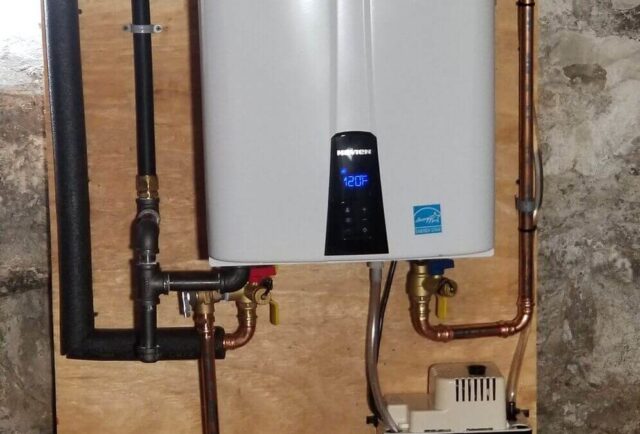
This heating system is on the older side, too, and it also uses hot water! The hot air can come from steam, or it can also be through hot water moving through metal pipes. The boiler or radiator uses fuel oil, electricity, liquid propane, and natural gas as well. Back then, coal was even used!
Conclusion
Just because we’re mammals doesn’t mean we have to make do with our body heat to get through the cold. We have the option of heating systems, and you can choose from all kinds that might suit your lifestyle and your home. Keeping your home warm is non-negotiable!


